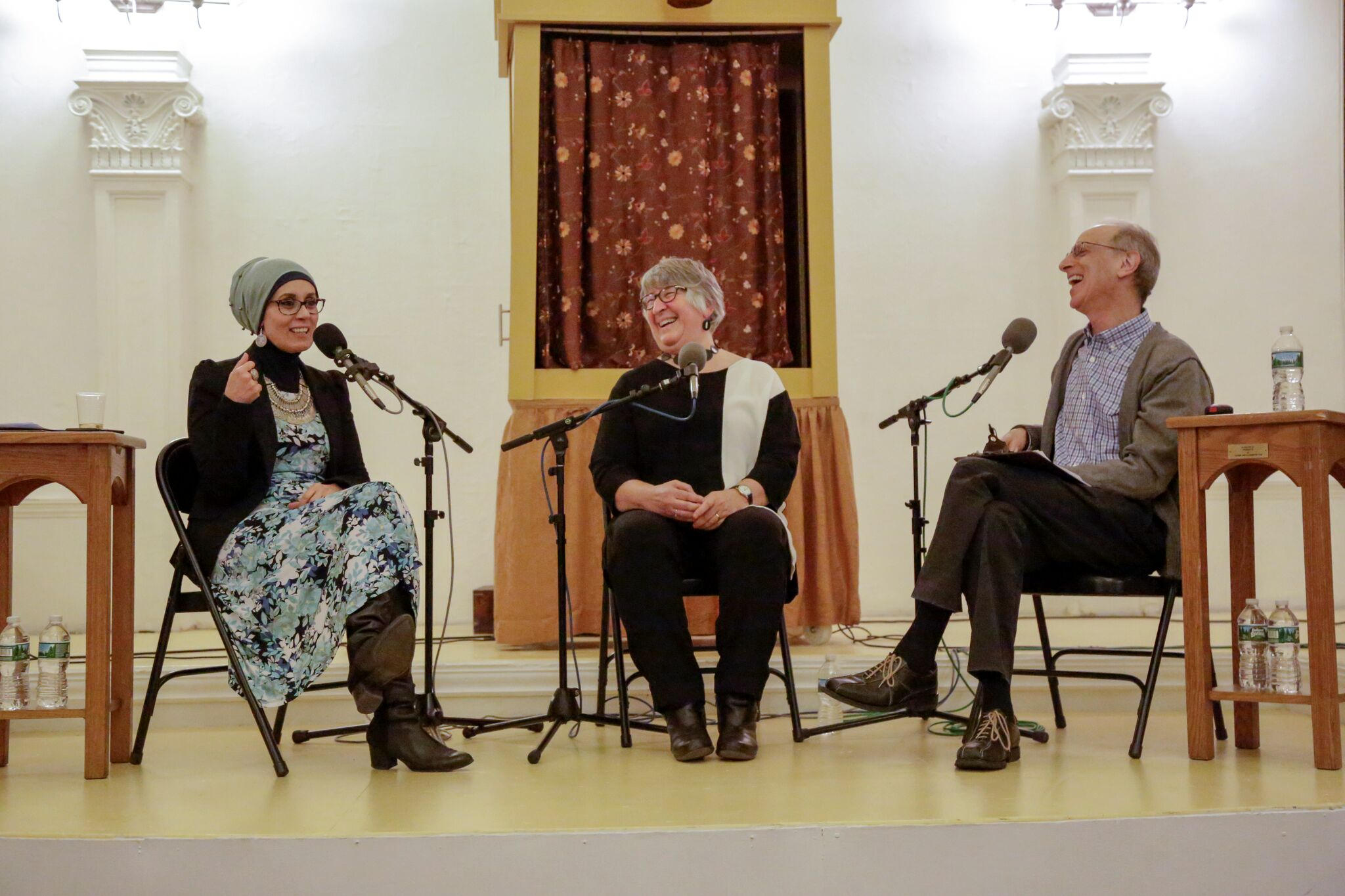With Brett Kavanaugh officially sworn in as Supreme Court justice, the circus of the Kavanaugh hearings has finally come to a close. In reflecting upon the entire ordeal, it became more apparent to me than ever before how much sexual misconduct dominates American news. President Donald Trump, film producer Harvey Weinstein, sitcom star Bill Cosby, and a plethora of men in government and the entertainment industry, have come under rightful scrutiny for their alleged, and in some cases, confirmed, lascivious behavior. Unfortunately, every new addition to this notorious list highlights just how commonplace such behavior is American society.
As someone who has taught young Muslim boys Family Life Education (i.e. Sex Ed.) for a number of years, I am more convinced than ever of the need to teach this subject within a religious framework rather than as a subject separate from ethics. This “boys-will-be-boys” sentiment will change only if we are willing to reorient our view of sexual education and ground it in a moral framework. The sexual ethics taught to us in the Qur’an and through the example of Prophet Muhammad (peace be upon him) reminds us that while sexual desire is natural and we need to understand our bodies’ functions and tend to their needs, this must be accompanied by the guiding principle that our bodies are an amānah (a trust) given to us by our Creator to use for what which is wholesome and beautiful.
If we are to see a decline in the sexual assault cases that dominate the news cycle, we need inculcate in our boys and girls the concept that their bodies, and the souls they carry, are sacred and violating the inviolable starts with not causing harm to someone else’s body, mind, or soul. Specifically for boys, this includes extending special respect and protection to women and girls. And for both boys and girls, this involves discussing how to navigate the ways in which we sometimes, unconsciously, engage in disrespectful sexual talk—namely through sexual lyrics, T.V shows, movies and casual conversations with friends. Without this framing, it’s no wonder men in our society, including the newest Supreme Court justice, feel free to do as they please, safe in the knowledge that there will be no consequence.
However, this shift will not happen if talking about sex is taboo in Muslim households. It will not happen if kids feel afraid to approach parents about liking someone in school because they expect the reprimand “Dating is forbidden!” It will not happen if candid, open dialogue on potentially uncomfortable subjects is not modeled between spouses or between parents and children.
To all the parents out there, may Allah grant you the courage to have these conversations and the compassion to listen to your child without judgement in order to respond to their spiritual and social/emotional needs. May these conversations chip away at the toxic culture we’ve created in our homes and in society at large.
Ismail ibn Ali is the Middle School Principal at Al Fatih Academy in Virginia.
Photo Credit





